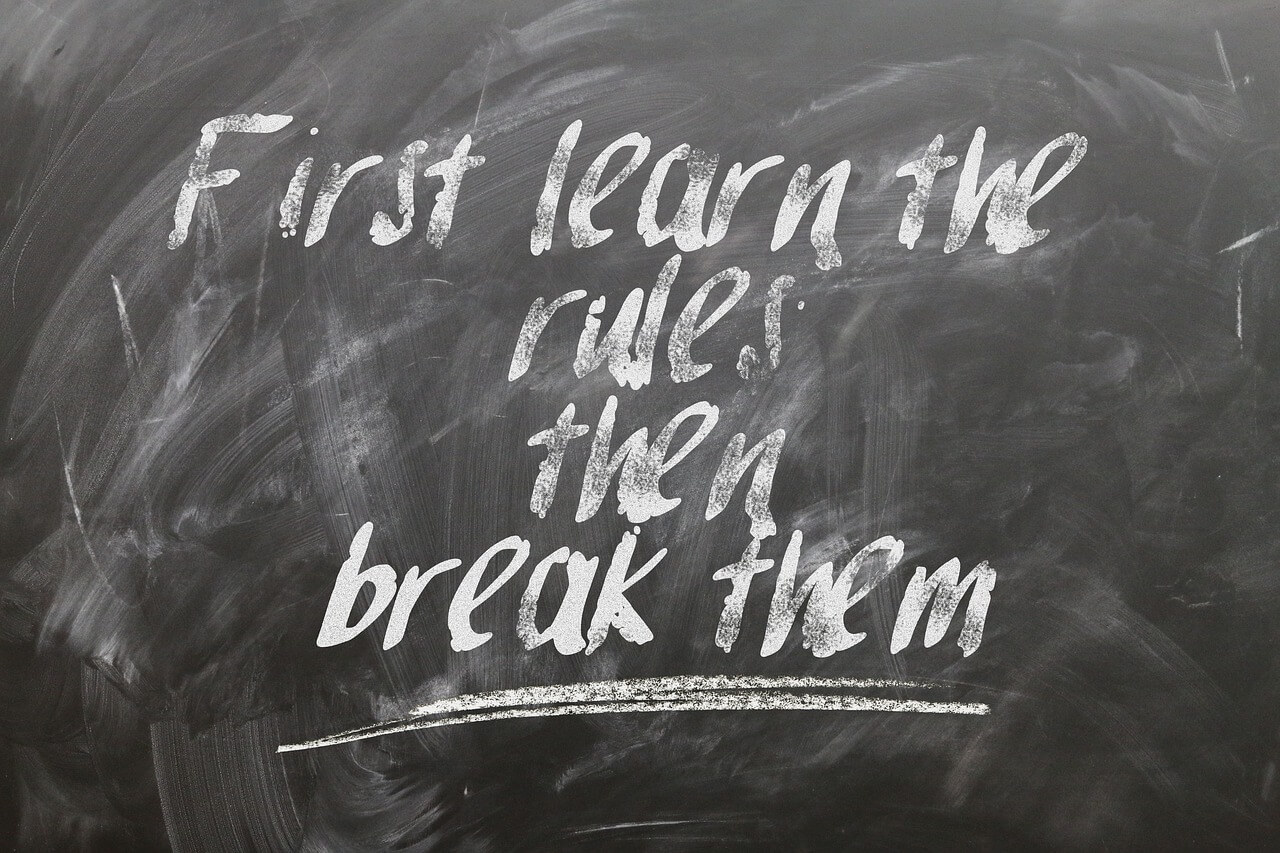
Purposeful, positive, productive work cultures require leaders to be in tune with team member’s enthusiasm or frustration with systems, policies, and procedures. Effective organizations require team members to be open and honest about systems that hold them back, that keep team members from doing the right thing, the right way, the first time. In addition, effective organizations constantly evolve their systems, policies, and practices. If a rule made terrific sense ten years ago but inhibits aligned action today, that rule gets appraised and refined so it serves team members, the organization, and its customers equally well.
If you are wondering if your organization’s systems, policies, and procedures inspire team members, help them perform well, and help them serve customers well – or if those systems inhibit inspiration, consistent performance, and great service delivery – you might be able to find the answers in listening to your employees.


Bureaucracy can be defined as “administration characterized by excessive red tape and routine.” This kind of system can be frustrating to employees or even customers who must try to get something accomplished within that system.
An example might be beneficial, here. Years ago, I had a municipal government client that helped me understand the kind of thinking that creates and maintains bureaucracies. I was conducting a leadership seminar and the class was going well. At one point during the afternoon, one woman – let’s call her Joyce – shared her frustrations with a woman in her office (who was not attending the program).
Joyce explained that this peer of hers had a unique role which placed her in a “gatekeeper” position. This peer – let’s call her Roberta – touched key projects at key times, moving paperwork to decision makers for approval, scheduling meetings of decision makers with project staff, etc. Roberta had a tendency to move more quickly on activities that her “work friends” would benefit by, and she allowed other activities to sit, untouched. Sometimes for days.
Roberta’s inconsistencies caused much consternation to Joyce and to others in the room. I was about to inquire about how the group has tried to address these issues when Joyce stated, “And Roberta is ‘Employee of the Month’ this month!”
I felt like my jaw dropped to the floor. I sputtered a moment then asked Joyce, “Why would you make Roberta ‘Employee of the Month’?” Joyce looked at me and calmly said, “It was her turn.”
That’s not the way to create and maintain purposeful, positive, productive work culture!
Don’t let bureaucracy inhibit team member’s performance or engagement. Eliminating dumb rules will inspire your people.

CAREER ADVICE

GOV TALK
